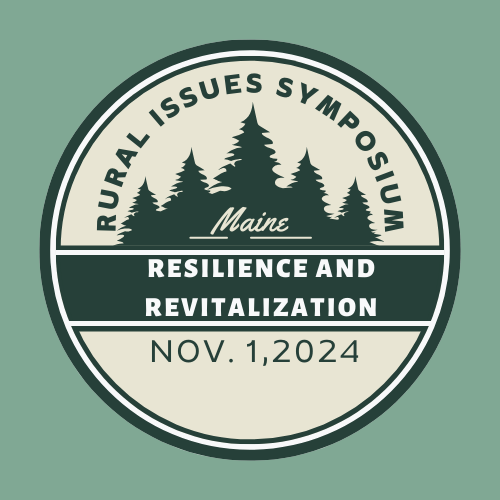Files
Download Full Text (308 KB)
Description
In fall 2023, we conducted a statewide needs assessment to inform the development of the Maine State Plan on Aging, which strategizes the most effective ways to support older adults in aging comfortably in their homes and communities, particularly for those services and supports funded through the Older Americans Act. Several areas of key concern to older Mainers living in rural areas emerged through surveys, listening sessions, focus groups, and key informant interviews. In health care, the concentration of healthcare providers in urban centers such as Portland and Bangor results in older rural residents having to travel hours to get care, including recommended screenings like colonoscopies, sometimes necessitating an overnight stay or otherwise going without. There are few, if any, public transportation options outside of urban centers. For older adults with limited incomes, the expense of owning a car can be significant. Fuel costs for long trips to appointments and errands can be high, and regular maintenance or urgent repairs may be financially out of reach. We heard from rural, older adults that access to fresh foods is hampered by large grocery stores located far away in more urban settings rather than small communities. When corner stores have fresh fruits and vegetables, they are often expensive. Although rural older adults experience challenges, many noted they feel safe in their communities, the environment is beautiful, and new services developed from the COVID-19 pandemic, including telehealth and fresh food delivery through Amazon and other vendors, contribute to their resiliency.
Publication Date
10-28-2024
Recommended Citation
Snow, Kimberly; Ciolfi, Mary Lou; Pearson, Karen; Dumont, Robyn; Pratt, Jennifer; and Foley, Jayne, "Rural Older Adults: Access Challenges in Healthcare, Transportation, and Food" (2024). Rural Issues Symposium. 100.
https://digitalcommons.library.umaine.edu/rural_issues/100



